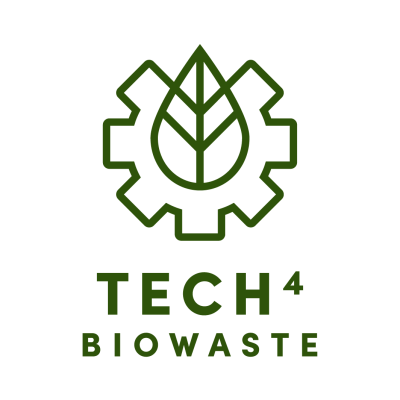
Tech4Biowaste
A dynamic database of relevant technologies of bio-waste utilisation

A dynamic database of relevant technologies of bio-waste utilisation
As Europe seeks to move to a circular economy, maximising how biowaste is used is becoming increasingly important. Repurposing waste streams will be key to achieving this objective. However, to ensure this is done as efficiently as possible, it is also important to ensure that the available biowaste streams are directed to where they can have an effective impact.
However, not everyone active in the biowaste industry – and other bio-based sectors - is aware of which technologies are available to help convert their waste streams into resources and raw materials. This makes it difficult for them to know to which value chain they should direct their waste streams. Furthermore – as these waste streams are only a by-product of the core business - they are frequently not up to date with the latest advances in what is a rapidly-changing field.
The Tech4Biowaste project will create a database that will help address this challenge. Using the latest IT technologies, including artificial intelligence, and built using open-source software, the database will provide a comprehensive overview of the existing and emerging bio-waste technologies and technology configurations – at Technology Readiness Level (TRL) 4 and higher - for valorising biowaste from food and gardens into value added applications including soil improvers, fertilisers, chemicals and energy sources. It will be dynamically updated, easy to access and user-friendly. It is expected to outlive the initial project lifespan of 24 months as demand for information continues to grow.
The overall objective of the Tech4Biowaste is to create a comprehensive database of bio-waste utilisation technologies that stakeholders - engineers, business developers, managers and other decision makers - can access for support in identifying where best to valorise their biowaste.
Within this, the project has set a number of specific objectives. It will:
In delivering on its overall objectives, the Tech4Biowaste project should increase the overall efficiency of how Europe makes use of its available biowaste stream.
In addition, it will also have the following specific impacts. It will: